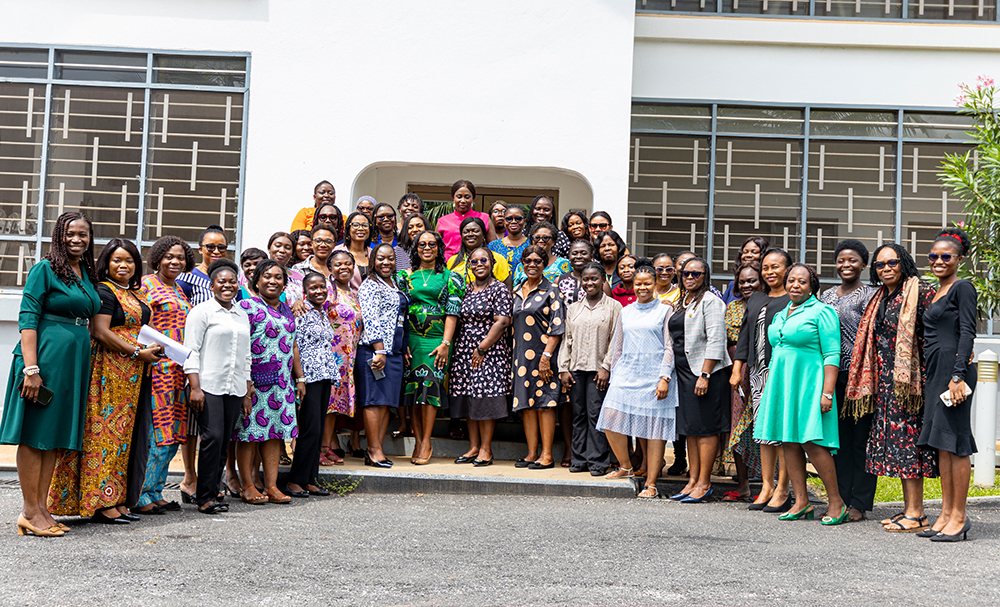Women in academia have been encouraged to cultivate confidence, emotional intelligence, and effective communication as essential tools for leadership and career advancement.
Speaking at the ongoing two-day capacity-building workshop on mainstreaming gender in higher education, Mrs. Adwoa Afrakomaa Baah Obeng, Regional Branches Manager at MTN Ghana, urged women to embrace collaboration and assertive communication in their leadership journeys.
“If you are a leader, you cannot work in isolation. Confidence means being futuristic, open to criticism, and comfortable with leadership,” she said.
She further advised female leaders to be assertive rather than aggressive in their communication, paying attention to timing, tone, and delivery while engaging in crucial conversations with confidence and respect.
The workshop, held under the theme “Advancing Women in Leadership,” formed part of a collaborative research project titled “Mainstreaming Gender in Higher Education: A Prerequisite for Advancing Science, Technology, and Innovation in Ghana.”
The initiative is being implemented by the Kwame Nkrumah University of Science and Technology (KNUST), Takoradi Technical University, and C.K. Tedam University of Technology and Applied Sciences (CKT-UTAS), in partnership with the Ministry of Environment, Science, Technology, and Innovation (MESTI).
Professor (Mrs.) Mercy Badu, the Principal Investigator, explained that the project seeks to identify barriers to gender mainstreaming and propose strategies to promote inclusivity in higher education.
“We sought to identify systemic barriers that hinder gender equality in higher education and propose interventions to ensure inclusive participation of women at all levels of academia,” she noted.
She revealed that the team conducted a desk study using data from the Human Resource Department and QAPO, which showed that although the institutions have established gender and equality policies, a leadership gap persists.
“We observed that while 84 percent of males are promoted annually, only about 15 percent of females receive similar advancement. Our data also shows a higher number of male employees compared to females,” Prof. Badu stated.
Professor Daniel Adjei Boateng from the Quality Assurance and Planning Office emphasized that while female access to higher education has improved, women’s representation in leadership remains low.
“We are solidly behind mainstreaming gender. We want to see the synergistic effect of collaboration and increased female participation in leadership,” he said.
Speaking on mentorship and sponsorship strategies, Dr. Loretta Abena Sarpong from the Bank of Ghana highlighted the importance of building support networks for career growth. Citing global data, she noted that 78 percent of men have mentors compared to 56 percent of women, while 62 percent of men have sponsors as against 38 percent of women.
She encouraged women to be intentional in seeking mentorship and to support others as they progress.
“Professional growth thrives on connection, not isolation. Carry your chair along, so that when doors open, you can take your seat and remember to leave the door open for others,” she advised.

















